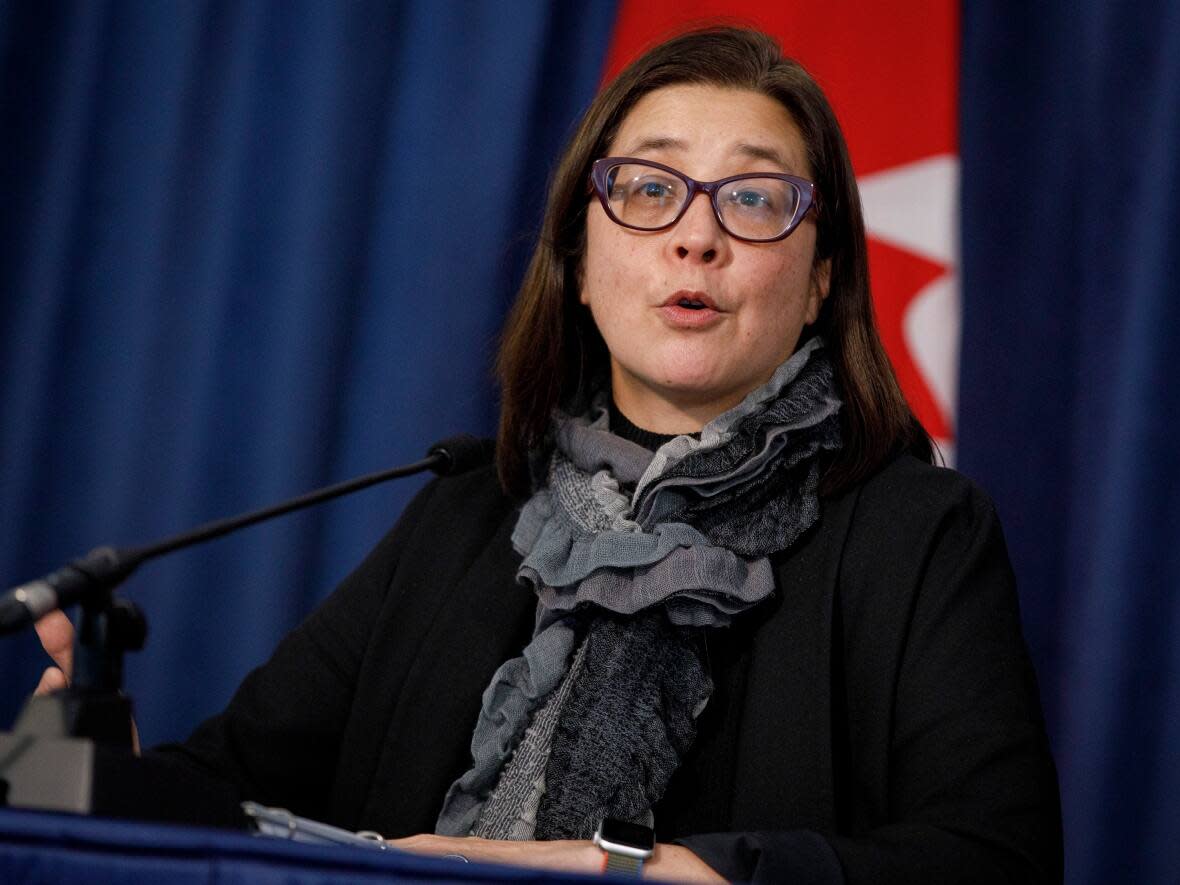Toronto dealing with backlog of school immunizations and dental screenings due to pandemic measures

Public health measures brought in during the COVID-19 pandemic have left Toronto children and youth vulnerable to mental health challenges while creating a backlog of public health-led dental screenings and school immunizations, according to the latest report from Toronto Public Health.
The report, which was discussed Monday at a board of health meeting, says children and youth in the city have experienced long-term effects stemming from health measures like lockdowns, school closures and remote learning. It says while these measures were necessary to mitigate the spread of COVID-19 — and that children and youth in turn experienced less severe outcomes from the virus itself — there have still been lasting disruptions on their physical and mental health.
Regular dental screenings and school immunizations against Hepatitis B, Human Papillomavirus (HPV) and Meningococcus were also delayed. It has created a massive backlog, which Toronto medical officer of health Dr. Eileen de Villa says she is working with the province to tackle.
"Toronto Public Health is currently working with school boards to offer school-based vaccines alongside COVID-19 vaccines in high schools," De Villa said in the report.
Toronto Public Health suspended some of its school immunization programs for students between grades 7 and 12 during the pandemic. Now there are 73,000 students in Toronto in those grades who need shots.
Similarly, in the school year before the pandemic, school-based dental clinics identified 29,000 students with dental care needs. But in the two years of the pandemic, that number dropped down to 3,600.
'Unintended impacts'
But it's not just shots and dental care that were affected.
"Evidence shows that [pandemic health measures] had unintended impacts for many of Toronto's children and youth in the areas of mental health, substance use, nutrition, physical activity, and negative impacts on their access to dental health services and vaccines against preventable diseases," the report said.
De Villa is asking the province and Toronto school boards to conduct more research to further quantify the mental health level of children and youth in Toronto.
That will help address not just the well-being of students, but also the widened educational disparities brought about by remote learning due to limited support and resources for some — like people with pre-existing behavioural or mental health concerns, as well as racialized and marginalized groups and those from lower socio-economic backgrounds, according to the report.
De Villa said she will work with school boards to develop approaches to promote mental health in schools while requesting the province provide resources to address that backlog of non-COVID-related school immunizations and dental screening programs.
She's also asking the province to implement an electronic immunization registry for all vaccines to keep track of it all.
"I think this report is a good start," said TDSB trustee and vice chair of the board of health, Stephanie Donaldson.
"Kids have carried a great burden to help ensure the health and safety of all of us, it's time to get laser-focused on our youngest citizens."
Beginning this week, immunizations against Hepatitis B, Human Papillomavirus (HPV) and Meningococcus will be available to students in grade 7 to 12 at city-run immunization clinics, with more opportunities for school-based clinics to come.


